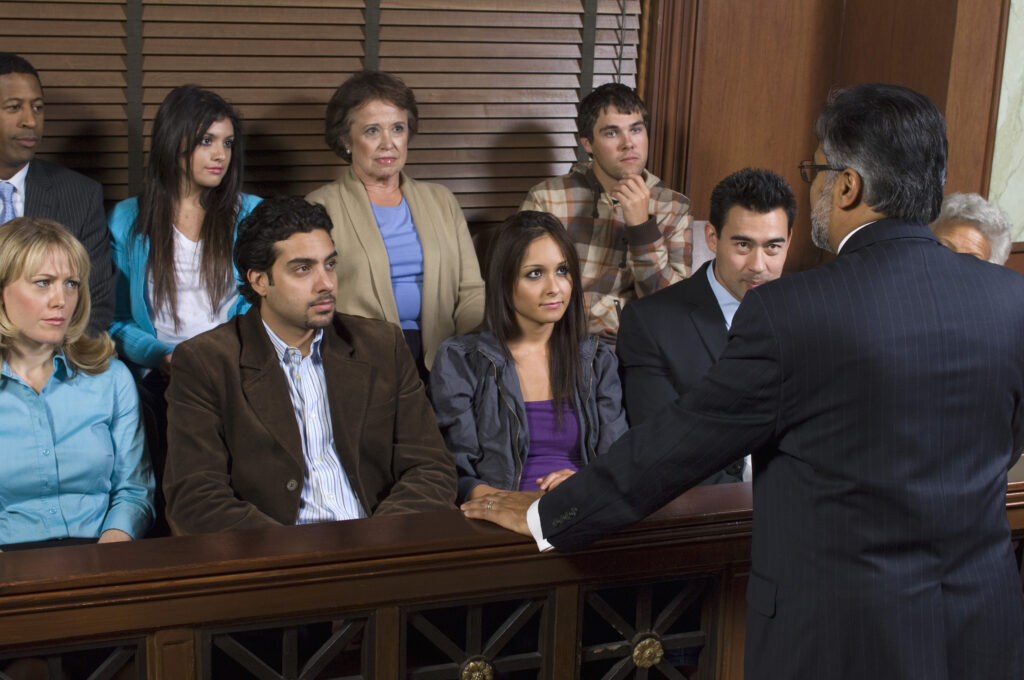WASHINGTON, D.C.—The U.S. Chamber Institute for Legal Reform (ILR) today welcomed a U.S. House of Representatives subcommittee hearing to investigate the “assembly line” process used by some plaintiffs’ attorneys to screen individuals for silicosis lawsuits targeting U.S. businesses.
“Fraudulent claims are costly to American employers and have no place in our courts,” said ILR President Lisa Rickard. “We welcome Congress’ efforts to get to the bottom of what appears to be an egregious example of lawsuit abuse and clear the way for plaintiffs who are truly sick.”
Silicosis is a lung disease suffered by industrial workers who were exposed to silica dust while working in places such as mines, foundries, and shipyards. In recent years, the plaintiffs’ bar has actively recruited silicosis plaintiffs, modeling the successful asbestos litigation that has brought tremendous wealth to a small cadre of plaintiffs’ lawyers while bankrupting more than 70 companies.
A June 2005 federal court opinion by Judge Janis Graham Jack, however, brought to light significant questions about the screening methods and medical diagnoses used to fuel silica litigation. Today’s hearing in the House Committee on Energy and Commerce Subcommittee on Oversight and Investigations stems from Judge Jack’s assertion that the diagnoses in 10,000 plus silicosis claims raised “great red flags of fraud” and “were driven by neither health nor justice: They were manufactured for money.”
“The assembly line screening model has been used for years by plaintiffs’ lawyers, allied with doctors and screeners, to mass produce questionable and even fraudulent claims at the expense of honest employers and workers,” continued Rickard. “It’s clear that we need to clean up the system and today’s hearing is a step in the right direction.”
ILR’s mission is to make America’s legal system simpler, fairer, and faster for everyone. It seeks to promote civil justice reform through legislative, political, judicial, and educational activities at the national, state, and local levels. The U.S. Chamber of Commerce is the world’s largest business federation, representing more than 3 million businesses and organizations of every size, sector, and region.



